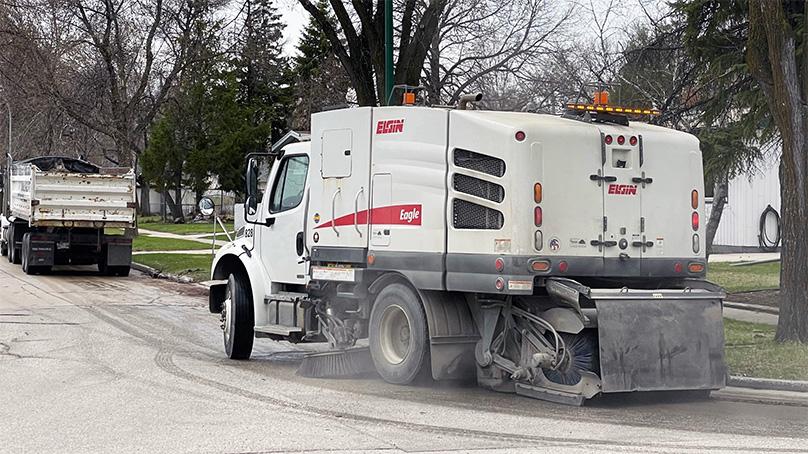Winnipeg non-profit helping girls in Zimbabwe access menstrual products

Posted October 12, 2022 10:53 am.
A Winnipeg non-profit organization dedicated to the empowerment of women is working to get menstruation products to girls in Zimbabwe.
The Grace and Nelly Project hope access to these products will help the girls stay in school and reduce period poverty worldwide.
Ruvimbo Chimutsa, who grew up in Zimbabwe and came to Canada in 2016 when she was 19 years old, started the organization. She began providing school-age girls in Zimbabwe with free reusable menstrual products.
“For us, providing these girls with menstrual products was a way to just give them an opportunity and a fair chance,” said Chimutsa.
“Menstrual rights are human rights.”
Chimutsa says girls on their period in Zimbabwe often miss up to eight days of school a month, putting them significantly behind in their studies.
She started selling reusable pads in Winnipeg, with profits subsidizing workshops in Zimbabwe that teach women how to sew and distribute the reusable pads locally.
The pads are environmentally friendly, non-toxic. It ends up costing the women in Zimbabwe about $1.25 to buy enough menstrual products for an entire year.
“We really wanted to make sure that we had something that was sustainable, something that can last longer, something that is good for everybody, good for your body, good for the planet,” said Chimutsa.
International Day of The Girl
Tuesday marked the 10th anniversary for the International Day of The Girl. The United Nations says the day puts emphasis on the need to address the challenges girls face, and to promote girls’ empowerment and the fulfilment of their rights.
“Around the world, girls are making an impact and creating immense positive change in their communities,” said Rochelle Squires, Manitoba’s minister for families. “They are leading the way as volunteers and activists, and are proving that a person is never too young to shape the future, empower others and improve everyone’s lives.”
Chimutsa she ending period poverty and the stigmas associated with menstruation are key to advancing women’s equality globally.
“Depending on which country you are in, some people have to pay a lot of money for menstrual products,” she said. “You pay taxes on products, that’s basically you are being taxed for being a women, you’re being taxed for having your period, for having your menstrual cycle. And that’s unfair.”








